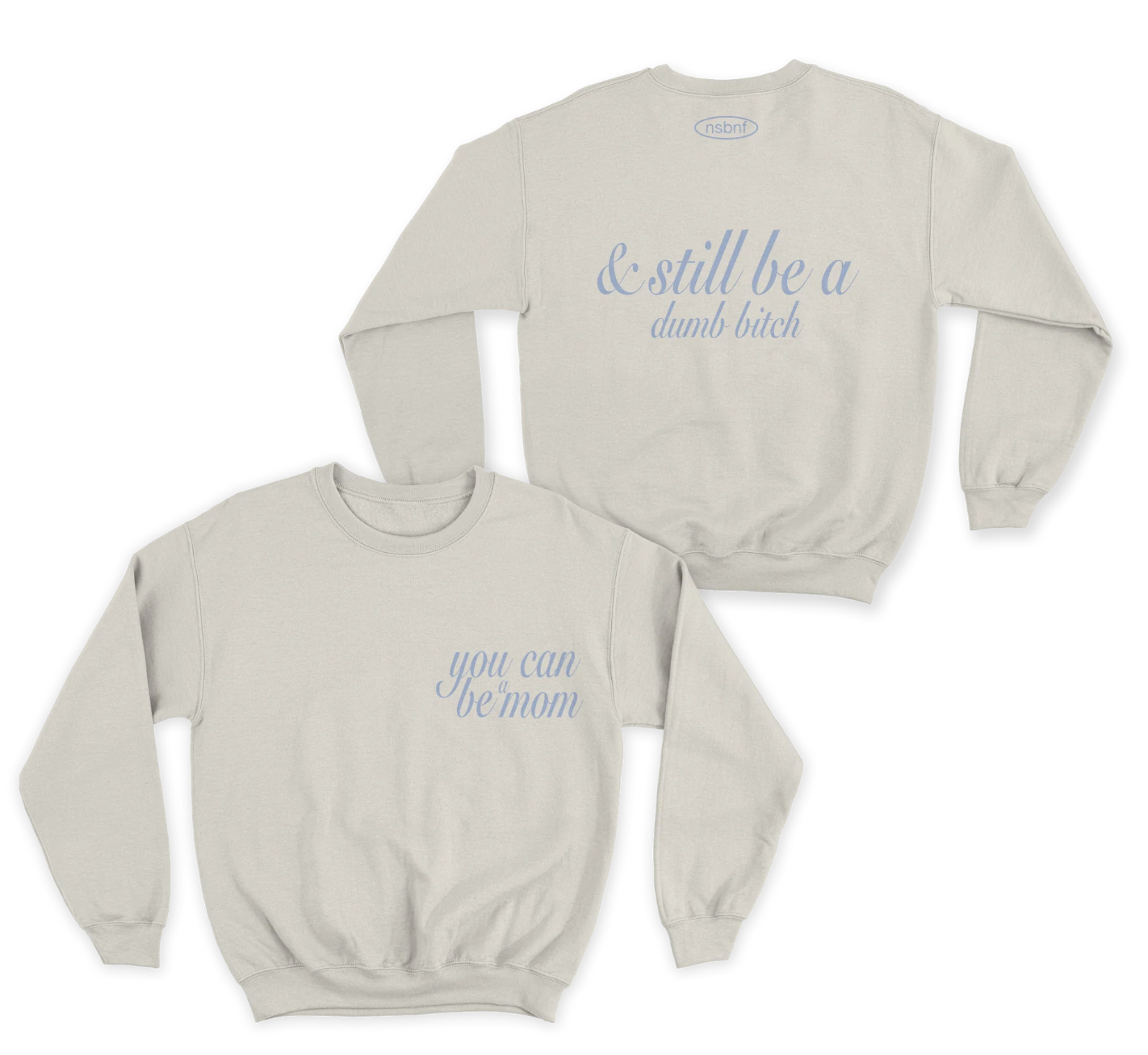Maybe the Cringe Was the Friends We Made Along the Way

We all have those moments when we think back to past versions of ourselves and cringe. You know the feeling—awake at night wondering, Why did I say that? Why did I think that was a good idea? Who was that person?
But here’s the thing: There’s no shame in being embarrassed by your younger self. You’re probably doing something right. Believe it or not, that cringe is evidence of growth. It’s a good thing if you can’t relate to your past self anymore.
Bria Jones, host of Because I Love You, is deep in a season of evolution as a new mom. She’s about to look back on her past self, acknowledge the ick, but also shower herself some grace. “There aren’t many past eras that I can look back to and not cringe,” Jones says.
Whatever season of life you are in—early motherhood, graduating college, starting a new job, moving cities, or newly dating or married—transition brings more wisdom. And with that newly acquired wisdom, like Taylor Swift said, you start learning to live alongside the cringe.
Why is cringe actually good?
If you can look back at yourself from even a year ago and feel completely aligned with every choice you made, you might not be growing. Growth means outgrowing yourself—disagreeing with past decisions, evolving your thought process, speaking to yourself more kindly.
“I lovingly look back at who I was in the past, and I can be grateful. Good or bad choices, I can say it pushed me in the right direction,” Jones says.
It’s like being your own big sister—calling yourself out with love instead of judgment. That embarrassment you feel about outgrowing yourself? It’s not shame you need to fix. It’s evidence you’re trending upward.
When you miss your former self
Growth isn’t always linear or purely positive. Sometimes you’ll miss aspects of your former self, even the parts you know weren’t good for you.
Jones is honest about this tension as a new mom: “Now that I have a baby, that’s absolutely not acceptable. But I miss it. I miss being a toxic a**, lazy b****.” She’s talking about things like bed rotting, doom scrolling, isolating when she felt bad—habits that weren’t serving her but offered a certain kind of comfort. Now, with a baby depending on her, those coping mechanisms aren’t options. “But it is a blessing in disguise,” she says. “Now that I have no option but to fight for my mental health because I have to keep a newborn sustained and well, it’s actually supercharging me in a great direction.”
This is the weird thing about major life transitions—you can simultaneously grieve your old life and be grateful for where you’re headed. Got engaged? You might need to process the end of singlehood. Finally got that apartment you wanted? The loneliness might hit harder than expected. Started that new job? The loss of your old routine can feel disorienting.
All of this is normal. Growth isn’t just addition—it’s also subtraction.
It’s okay to be uncomfortable
The most uncomfortable phase of personal evolution is the liminal space—when you’re no longer who you used to be but haven’t figured out who you’re becoming.
“I don’t know who I am right now,” Jones admits. “The only thing I do know is the older version of myself. There are days when I feel like I am fighting that old version of myself to be better. I know what I am not and what I can’t do anymore. But the ‘in between’ is confusing.”
This is where most people get stuck. The uncertainty feels so uncomfortable that they either revert to old patterns or desperately try to speed through the process. But you can’t rush metamorphosis. The trick isn’t to eliminate the discomfort of not knowing. It’s to get better at sitting with it. Every major life transition requires you to let go of a previous version of yourself before you know what’s coming next. For Jones, becoming a mother has meant shedding old layers of herself, including old habits, mindsets, thought patterns, and aspects of her former self.
Jones’s advice for navigating this phase: Stop looking to other people for answers. “We can’t look to other people while we are in the midst of figuring out who you are. You don’t know the full picture. You just have to figure it out for yourself and just go through the process. Embrace the in between—not knowing you are just yet and who you don’t want to be.”



















Leave a Reply